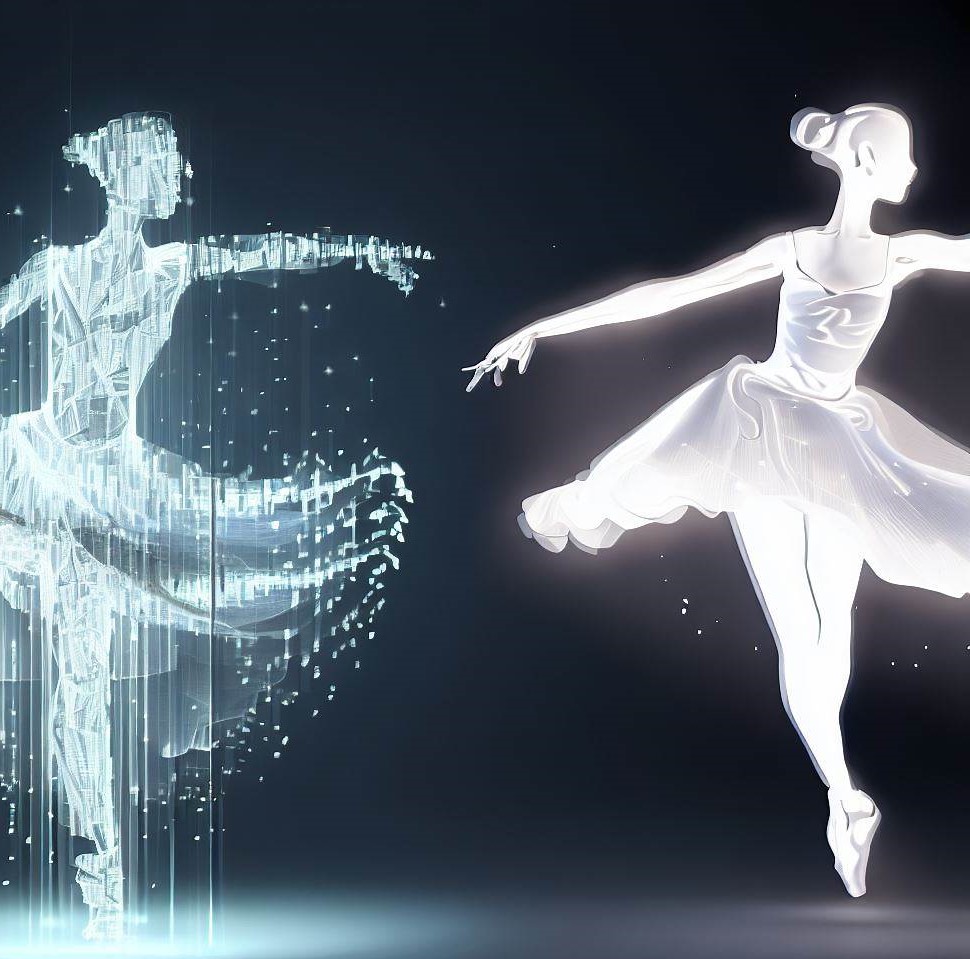Artificial Intelligence or Authentic Creation? The Debate Over Copyrighting AI Art.

Is artificial intelligence (AI) created art, art?
In an age where technological innovation permeates every facet of our lives, the intersection of art and artificial intelligence presents a legal and ethical quagmire. The recent ruling by US District Court Judge Beryl A. Howell declaring AI-generated artwork ineligible for copyright has ignited heated debates among artists, tech enthusiasts, and legal experts.
-
Artificial Intelligence as an Extension of the Creator
The rapid evolution of artificial intelligence has been nothing short of astounding, transitioning from an academic niche to a cornerstone of industries worldwide. But at its core, AI remains deeply human. As Dr. Fei-Fei Li eloquently highlighted in her New York Times article, “Despite its name, there is nothing ‘artificial’ about this technology — it is made by humans, intended to behave like humans and affects humans.”1 The very algorithms and data structures that empower these systems are a direct reflection of human intent and design.
As AI continues to shape our world, it is crucial to remember that it’s not an autonomous entity operating in isolation. It’s a tool, crafted by human hands, mirroring human values, and aiming to augment human capabilities.
-
Consistency with Other Tools
Historically, artists have always utilized tools to aid their creative process. Whether it’s Leonardo da Vinci’s brush or a modern graphic designer’s Adobe Photoshop, tools have been instrumental in bringing artistic visions to life. If we accept digitally-edited photos as original works, why should AI-generated art be any different?
-
Distinguishing Artificial Intelligence from Animals
Judge Howell’s reference to the “monkey selfie” case might be misleading for some. Animals act on instinct, whereas AI operates based on logic and instructions provided by humans. While a monkey might accidentally snap a selfie, AI creates art based on its human-derived programming.
-
Rewarding Innovation
Denying copyright for AI-generated works could stifle innovation. As AI researcher Andrew Ng puts it, “Much of human progress was sparked by tools: The plow, the printing press, the computer.”2 By not recognizing the copyright of AI-generated work, we risk disincentivizing creators from pushing the boundaries of what’s possible.
-
Complexity of AI Training
Training an AI model is no simple task. It requires expertise, curated datasets, and numerous decisions that influence the end result. For example, Google’s DeepDream, which transforms images in unique, often psychedelic ways, relies on layers of data and algorithmic choices made by its creators3. Each AI-generated piece is a testament to that labor and expertise.
-
Economic Implications
In a world where AI-generated art lacks protection, the market could be inundated with freely available content, undermining the value of human-made artwork. This could have severe repercussions for artists trying to monetize their creations in a rapidly digitizing economy.
-
Precedent for Derivative Works
The Copyright Act has provisions for derivative works, which, while based on existing creations, offer something new or transformative. Consider the case of “The Wind Done Gone,” a retelling of “Gone with the Wind” from a different character’s perspective. Though controversial, it was deemed transformative enough to warrant its own copyright4. AI-generated content, with its fresh perspectives, might deserve similar consideration.
-
Subjectivity of “Human Touch”
Defining the “guiding human hand” is subjective. Take, for instance, an artist who uses AI to produce a hundred sketches, then manually selects and refines one. Doesn’t that process, that selection, embody the human touch?
As technology continues to evolve, it’s essential for our legal systems to adapt and address the unique challenges posed by innovations like AI. The debate over copyrighting AI art isn’t just about legal technicalities; it’s a reflection of our changing relationship with technology and creativity in the 21st century.
Stephen Hawking once warned, “We stand on the threshold of a brave new world. It is an exciting, if precarious, place to be and we benefit from it.”5 As we continue to grapple with these complex issues, it’s crucial to approach them with an open mind and a willingness to adapt.
Sources:
Footnotes
- Li, Fei-Fei. “Human-Centered Artificial Intelligence.” Stanford HAI, 2018.
- Ng, Andrew. “The State of Artificial Intelligence.” TEDxBrussels, 2017.
- Mordvintsev, Alexander, et al. “DeepDream – a code example for visualizing Neural Networks.” Google AI Blog, 2015.
- “Suntrust v. Houghton Mifflin Co.” United States Court of Appeals, Eleventh Circuit, 2001.
- Hawking, Stephen. “Brief Answers to the Big Questions.” John Murray, 2018.



The Human Factor in Mergers and Acquisitions
The Human Factor in Mergers and Acquisitions By Alan Olsen There are a lot of factors of success and failure in mergers and acquisitions that go into a merger or an acquisition. These business deals come in all shapes and sizes and can be massive or rather small. However, they all involve at least two…
Business Plan Basics
[vc_row][vc_column][vc_column_text] Business Plan Basics A business plan precisely defines your business, identifies your goals, and serves as your firm’s resume. The basic components include a current and pro forma balance sheet, an income statement, and a cash flow analysis. It helps you allocate resources properly, handle unforeseen complications, and make good business decisions. Because it…
Transferring Your Assets: It’s More Than a Will
[vc_row][vc_column][vc_column_text]The cornerstone of every estate plan is a will. But your will does not necessarily control how all of your assets are distributed to your beneficiaries. You are likely to have designated beneficiaries for specific assets during your lifetime. And just as you review your will, review of your beneficiary choices for these assets is…
Revisiting Your Will
[vc_row][vc_column][vc_column_text] Revisiting Your Will The importance of having a will cannot be overemphasized. It’s not simply the way that you direct the distribution of your financial and personal assets. Your will also enables you to designate an executor (or personal representative) who will act in your stead to meet your obligations and steer your assets…

